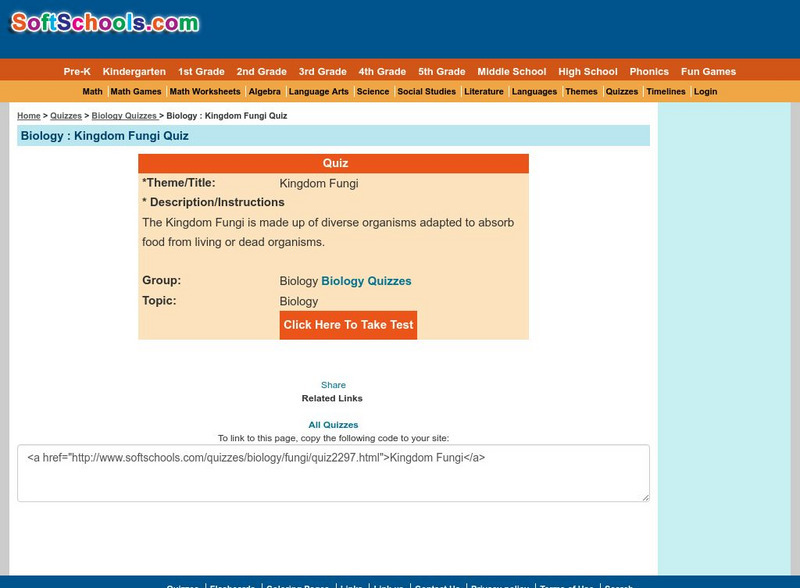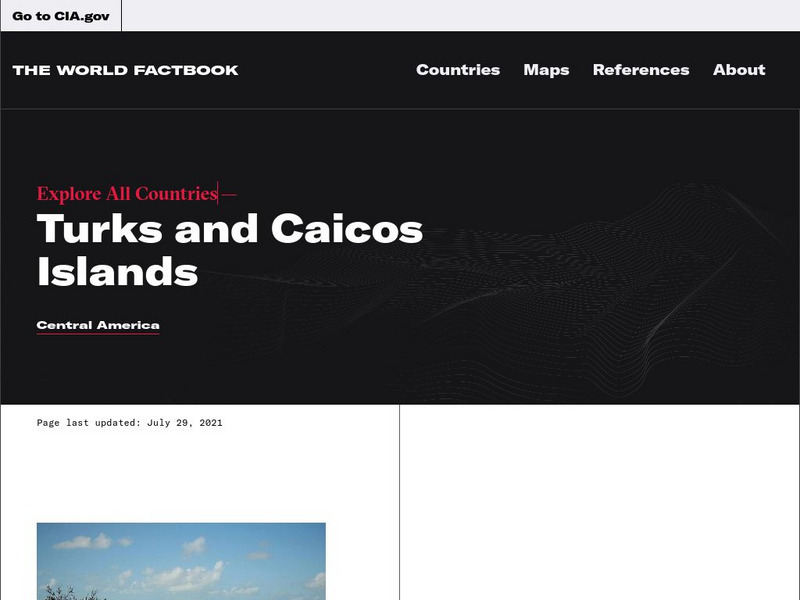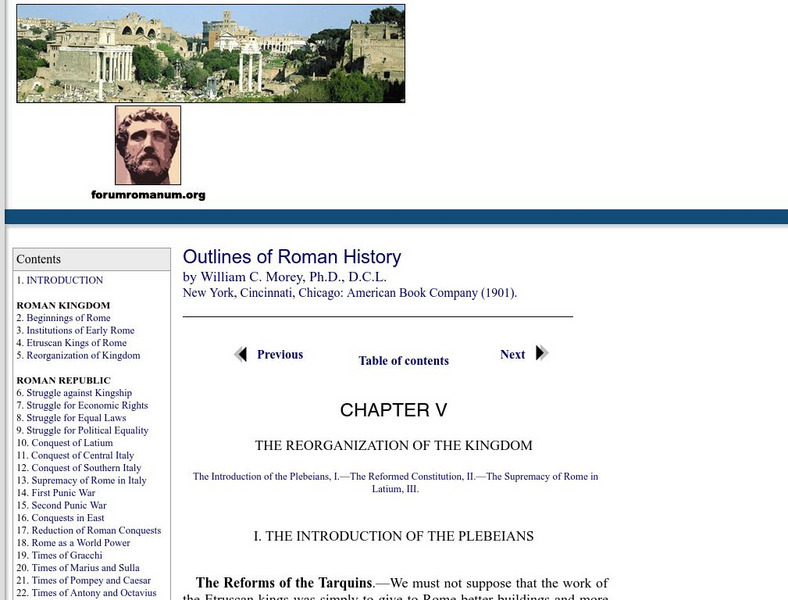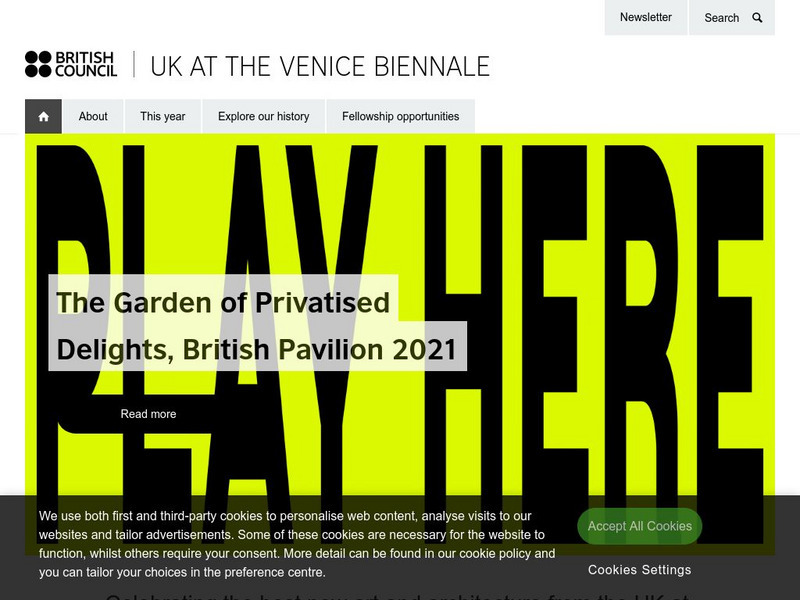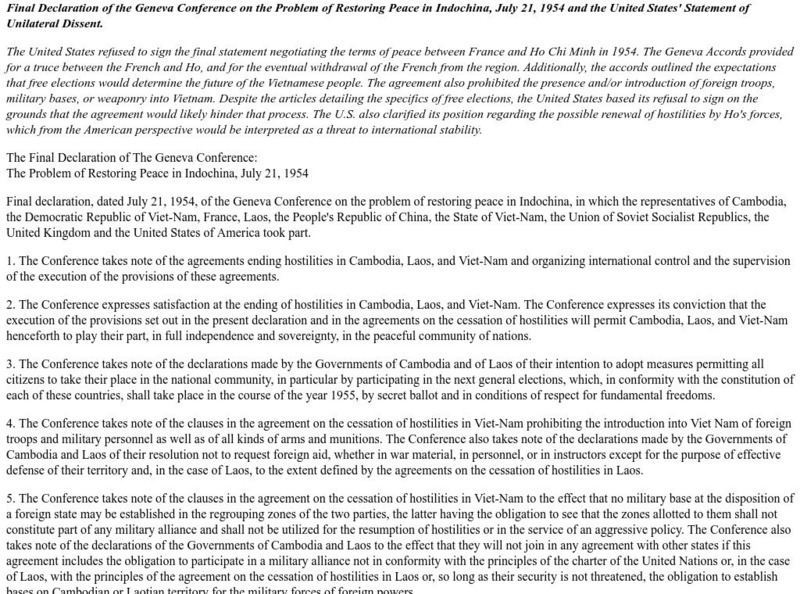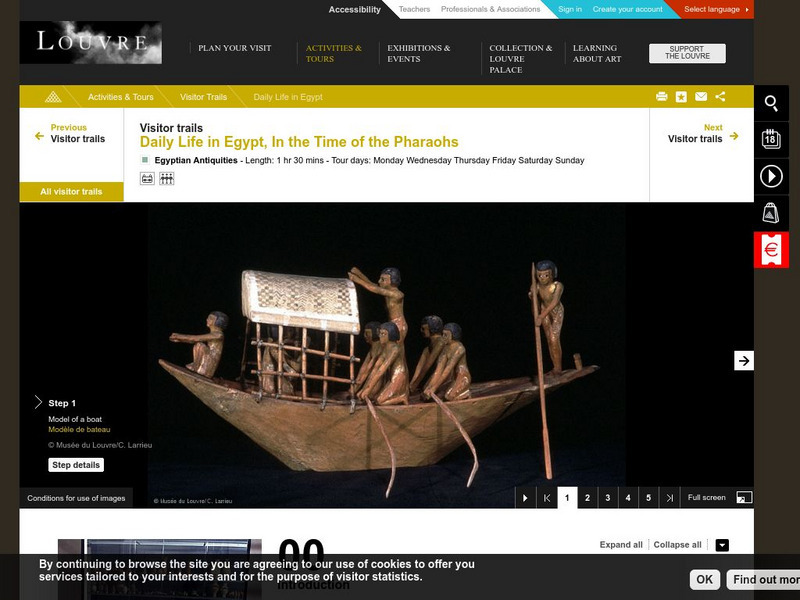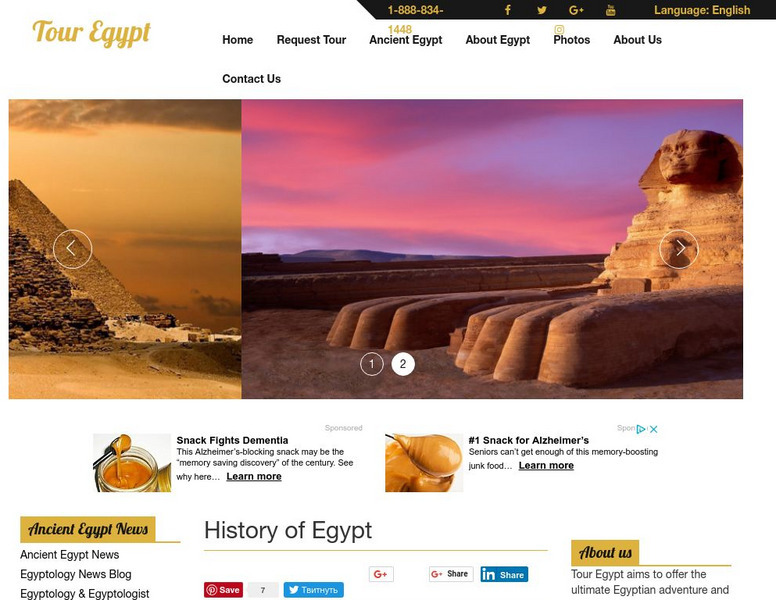Khan Academy
Khan Academy: Us History: 1800 1848: The Cotton Kingdom
During the first half of the nineteenth century, demand for cotton led to the expansion of plantation slavery. By 1850, enslaved people were growing cotton from South Carolina to Texas.
Other
University of Aberdeen: The Phyla of Kingdom Animalia
Very systematic breakdown of the animal kingdom starting with the simplest type the sponge, all the way to the chordate or vertebrate. Each phylum has a link with information.
Soft Schools
Soft Schools: Kingdom Fungi Quiz
Take this interactive quiz over fungi, then review your score and any missed questions at the end.
CommonLit
Common Lit: Ancient Egyptian Dynasties: Ruling Old, Middle, and New Kingdoms
Egypt is famous for its enormous pyramids, many of which can still be visited today. The pyramids were built by the rulers of Egypt, called pharaohs. In the following informational text by USHistory.org, discusses the rise and fall of...
British Library
British Library: Explore the World's Knowledge
The United Kingdom's British Library is the largest library in the world. It's collections include cultural artifacts from around the world on topics such as art, music and literature. Explore virtual reproductions of classic works of...
Tour Egypt
Tour Egypt: Third Dynasty
The 3rd Dynasty was the beginning of the Old Kingdom and the building of the great pyramids. This article focuses on Djoser and his Step Pyramid at Saqqar.
Curated OER
Secondary Science Program: The Six Kingdoms
A short overview of the six kingdoms in our scientific classification system: Plants, Animals, Protists, Fungi, Archaebacteria, and Eubacteria. A good explanation of how organisms are placed in their particular kingdom.
Curated OER
Secondary Science Program: The Six Kingdoms
A short overview of the six kingdoms in our scientific classification system: Plants, Animals, Protists, Fungi, Archaebacteria, and Eubacteria. A good explanation of how organisms are placed in their particular kingdom.
Curated OER
Secondary Science Program: The Six Kingdoms
A short overview of the six kingdoms in our scientific classification system: Plants, Animals, Protists, Fungi, Archaebacteria, and Eubacteria. A good explanation of how organisms are placed in their particular kingdom.
Curated OER
Secondary Science Program: The Six Kingdoms
A short overview of the six kingdoms in our scientific classification system: Plants, Animals, Protists, Fungi, Archaebacteria, and Eubacteria. A good explanation of how organisms are placed in their particular kingdom.
Central Intelligence Agency
Cia: World Factbook: Turks and Caicos Islands
Facts, maps and geographical information about Turks and Caicos Islands, an overseas Caribbean territory of the United Kingdom.
McGraw Hill
Glencoe Biology: Chapter 19: Protists: Chapter Test Practice
Try these fifteen multiple choice review questions about the Kingdom Protista.
PBS
Pbs Learning Media: Frontline: Sick Around the World Teacher's Guide
Students learn about health care in other countries with this Teacher's Guide to "Sick Around the World." The FRONTLINE video explores how ?ve other capitalist democracies - the United Kingdom, Japan, Germany, Taiwan and Switzerland -...
Forum Romanum
Outlines of Roman History: Reorganization of the Kingdom
This chapter in William Morey's 1901 textbook discusses the roforms made by the Etruscan kings and the introduction of the tension between Roman patricians and plebeians.
Forum Romanum
Outlines of Roman History: The Conquests in the East
Rome's power is challenged by kingdoms in the East, especially Philip V of Macedonia. After three wars against Macedonia and one against Antiochus of Syria, Rome shows her strength.
British Council
British Council: Uk at the Venice Biennale
An archive (1895 to the present) of photographs, correspondence, artist profiles, recordings, and documents that chronicle Britain's participation in the prestigious international Venice Biennale. Click into a timeline to see art that...
PBS
Pbs Learning Media: Seahorse Basics
This diagram from the NOVA: "Kingdom of the Seahorse" Web site reveals some of the more remarkable traits of this enigmatic creature.
McGraw Hill
Final Declaration of Geneva Conference: u.s. Statement
The text of the Final Declaration of the 1954 Geneva Conference includes official U.S. statement regarding the refusal to sign and comply with Final Resolution.
Other
Louvre Museum: Visitor Trails: Daily Life in Egypt in the Time of Pharoahs
Take a tour through the Louvre and discover examples of art depicting daily life in ancient Egypt during the time of the pharoahs. Read descriptions of the scenes and click to learn more about the details of the artwork itself. A very...
Georgia Department of Education
Ga Virtual Learning: Ap Government and Politics: Comparative: Great Britain
AP Comparative Government and Politics unit on Great Britain and Northern Ireland focus on the history, political institutions, and geography. Module includes multi-media resources for comprehensive study.
Tour Egypt
Tour Egypt: Fourth Dynasty
This comprehensive discussion of the 4th Dynasty tells about the military exploits of the pharaohs along with a detailed description of the the many pyramids built at this time, including the Great Pyramid at Giza. Links to many related...
Steven Kreis, PhD
The History Guide: From Polis to Cosmopolis
A great overview of the world of Alexander the Great, beginning with the military exploits of his father, Philip of Macedon. Included is a look at Hellenistic philosophies.
BiologyWise
Biology Wise: Organisms That Reproduce Asexually
Explains how asexual reproduction takes place and gives examples of organisms within different taxonomical kingdoms that reproduce in this way, as well as others that reproduce both asexually and sexually.
Tour Egypt
Tour Egypt: History of Egypt
Tour Egypt offers an in-depth timeline of Egyptian history beginning with the prehistorical Lower Paleolithic period and ending with the British occupational period. Very useful for finding basic information on Egypt's history.




